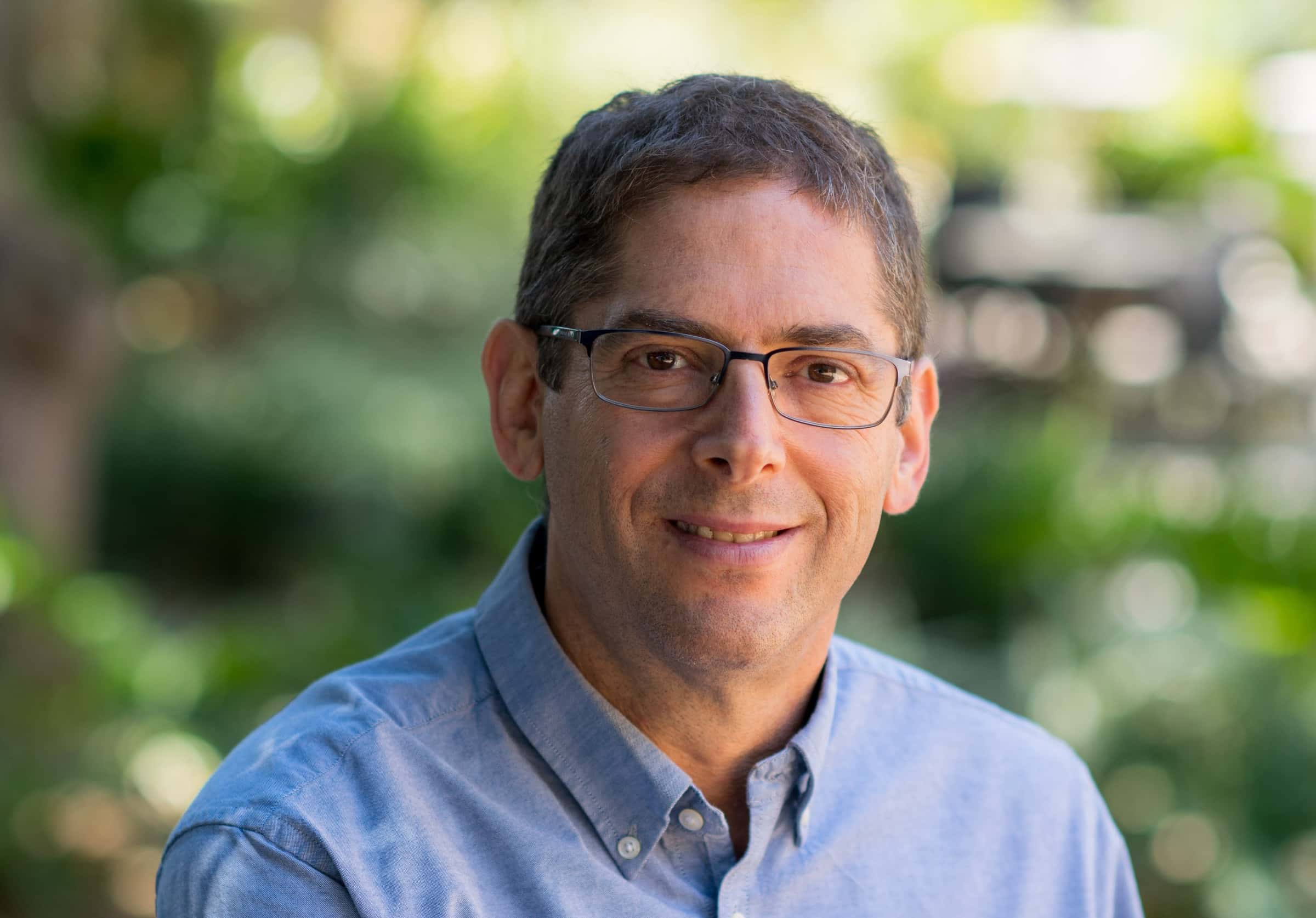
Rebalancing Our Microbiome Through Personalized Nutrition and Viruses
This week on our nationally syndicated radio show, we consider how to maintain a healthy balance in our gut microbiome. Each of us carries a vast collection of microbes in our digestive tracts. Although we usually think first of bacteria, there’s also an enormous number of viruses that feed on the bacteria. Could these bacteriophages, as they are called, help with rebalancing our microbiome to a healthier state?
Rebalancing Our Microbiome:
In this conversation, we look at two different avenues of research about rebalancing our microbiome. Needless to say, when one or another type of bacteria starts to dominate in our intestinal ecosystem, the results can get ugly. Our guest expert, Dr. Eran Elinav, spent years tracking down a connection between intestinal imbalance and inflammatory bowel disease (IBD) such as Crohn’s disease or ulcerative colitis.
After analyzing the microbiomes of healthy people as well as those suffering from inflammatory bowel disease, Dr. Elinav and his colleagues identified one particular bacterial strain, a form of Klebsiella pneumoniae, linked to digestive tract inflammation. Introducing this specific microbe, called Kp2, to healthy mice resulted in them developing gut inflammation. That’s very strong evidence for a connection. You can find the research report in Clinical Microbiology and Infection, Sept. 30, 2022.
What About Treating IBD?
Gastroenterologists have a number of drugs that can help calm the symptoms of inflammation in IBD. Until now, however, they have not had treatments to address the root cause. Dr. Elinav and the researchers working with him have identified five different bacteriophage viruses that can knock down numbers of Kp2.
Bacteria readily develop resistance to a single bacteriophage, but this multi-phage cocktail demonstrated efficacy in mice. Not only did it reduce intestinal symptoms, but it also reduced extra-intestinal inflammation. It seems very likely it accomplishes this by rebalancing our microbiome. The scientists are preparing to launch clinical trials to see if this works as well in humans as in mice. In the future, we may discover how phages could change the microbiome of travelers and use that information to prevent travelers’ diarrhea.
Could Sugar Substitutes Be Rebalancing Our Microbiome?
Dr. Elinav co-directs the Personalized Nutrition Project, and his laboratory has worked on determining how we react to certain foods. One of the most interesting discoveries involves the effects of non-sugar sweeteners on blood sugar control. Millions of people around the world drink diet beverages containing saccharin, sucralose, aspartame or stevia as a way to avoid excess sugar. For years, people have assumed that these non-nutritive sweeteners have no impact on blood sugar and that they might help people lose weight.
In a randomized controlled trial, 120 volunteers consumed saccharin, sucralose, aspartame, or stevia packets every day for two weeks. There was also a group of participants that consumed an equal amount of sugar and one group that consumed no additional sweetener. The investigators observed changes in the microbial balance of people getting each of the sugar substitutes. None of these changes were beneficial. In fact, both saccharin and sucralose interfered with proper blood sugar control. The results varied quite clearly between volunteers, however, with some people reacting very strongly and others hardly reacting at all.
To find out if these changes were due undesirable changes in the microbiome, the scientists administered gut bacteria from the volunteers to previously germ-free mice. The mice demonstrated the same reactions that the humans had. You may wish to read the report in Cell, Aug. 19, 2022.
The Take Home Message:
No one could or would argue that we should be consuming unlimited amounts of sugar. However, urges Dr. Elinav, let’s not replace sugar with these non-nutritive sweeteners. There is too much risk that they could alter the balance of our microbiome in some unanticipated ways. We have asked him how we can apply his findings in our own diet selections. He pointed to some machine learning (AI) apps that are being developed. However, although these will be convenient, they are also likely to be pricey. Instead, measuring our own blood sugar before and after test meals can give each of us valuable information. Of course, recording the results carefully is essential for analyzing our personalized nutritional needs. In fact, such practices may even help in rebalancing our microbiome in the future.
This Week’s Guest:
Eran Elinav, MD, PhD, is a professor of immunology and principal investigator at the Weizmann Institute of Science in Tel Aviv, Israel, where he co-directs the Personalized Nutrition Project. Dr. Elinav is also a principal investigator at the German Cancer Research Center in Heidelberg, Germany. His research focuses on understanding the complex interactions between humans and the bacteria that reside in their gut and how these interactions shape human health and disease. His labs at the Weizmann Institute and DKFZ focus on deciphering the molecular basis of host-microbiome interactions and their effects on health and disease, with a goal of personalizing medicine and nutrition.
Dr. Elinav’s website: http://www.weizmann. His book, co-authored with Dr. Eran Segal, is The Personalized Diet, The Pioneering Program to Lose Weight and Prevent Disease.
Listen to the Podcast:
The podcast of this program will be available Monday, Nov. 7, 2022, after broadcast on Nov. 5. You can stream the show from this site and download the podcast for free.
Citations
- Federici S et al, "Microbiome-phage interactions in inflammatory bowel disease." Clinical Microbiology and Infection, Sept. 30, 2022. DOI:https://doi.org/10.1016/j.cmi.2022.08.027
- Suez J et al, "Personalized microbiome-driven effects of non-nutritive sweeteners on human glucose tolerance." Cell, Aug. 19, 2022. DOI:https://doi.org/10.1016/j.cell.2022.07.016

